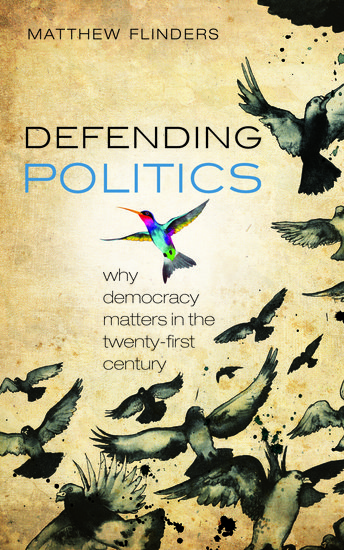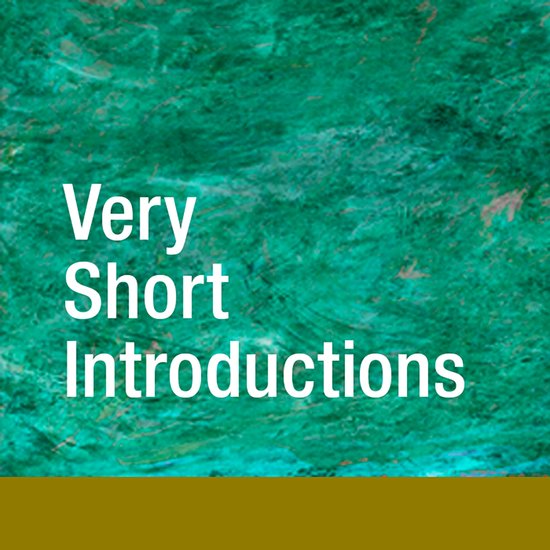The color gray in full bloom
By Anatoly Liberman
At the end of the nineteenth century, while working on the issue of the OED (then known as NED: New English Dictionary) that was to feature the word gray, James A. H. Murray sent letters to various people, asking their opinion about the differences between the variants gray and grey.












